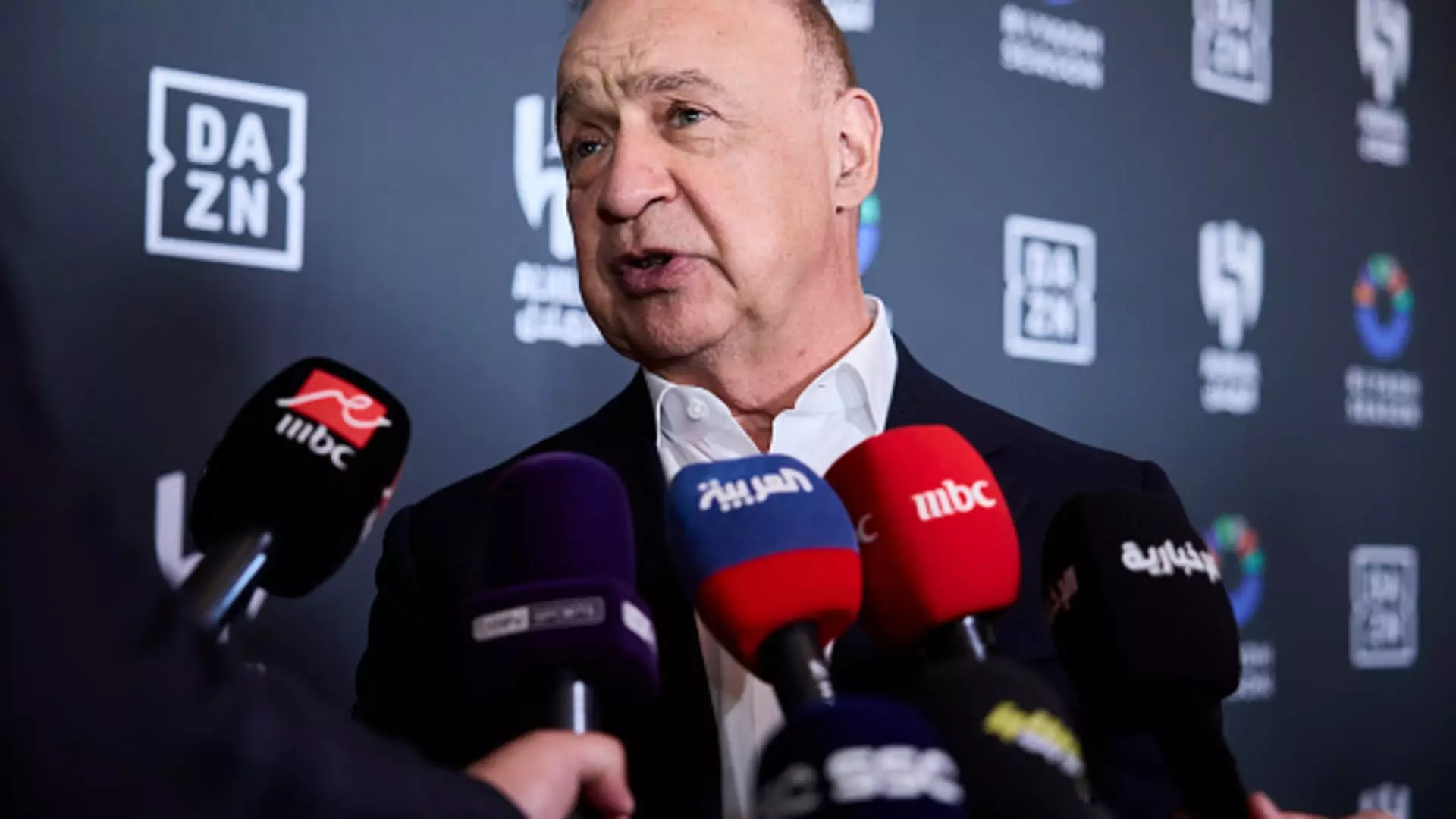The world of high-stakes investing been synonymous with risk-taking, innovation, and a relentless pursuit of profit. However, the recent landscape reflects a stark reality: the affluent are pulling the reins tighter as political uncertainty looms. In March, the ultra-wealthy, particularly private investment firms and family offices, exhibited considerable caution. This month of hesitation can largely be attributed to President Trump’s aggressive tariff policies, which have stirred anxiety across global markets. The immediacy of these tariffs has prompted a palpable withdrawal from prospective deals, revealing the raw nerves of an elite class that often seems impervious to the tribulations of the average investor.
Turning the Investment Tide
The figures speak for themselves — investments dwindled dramatically. According to exclusive data from Fintrx, March saw family offices – wealth management entities created by affluent families – engage in just 40 direct investments, representing a staggering 45% drop from the same month last year. Even month-to-month comparisons showed an alarming 22% decrease, which would typically raise alarms in any financial setting. Such figures aren’t just numbers; they represent a profound shift in confidence, as family offices find themselves recalibrating their portfolios amid a volatile financial atmosphere.
There are, however, flickers of investment activity. Notably, Euclidean Capital, the family office of the late hedge fund titan Jim Simons, made headlines with a $60 million investment in Zeitview — a newcomer leveraging drones and AI for infrastructure inspections. This shows that while the sentiment is broadly cautious, opportunities still exist for the astute investor willing to take calculated risks. The most striking aspect of this investment is the underlying faith in emerging technologies that address pressing environmental concerns, an area increasingly critical to the next century.
Assessing Market Reactions
Market dynamics effectively came to a standstill as tariffs were signaled. Trump’s broad-based tariff policy, which slapped a baseline 10% duty on a multitude of countries, threw a wrench in the gears of investor confidence. Rates reached alarming heights of up to 46% for countries like Vietnam, creating an almost chaotic environment as families began to weigh the implications on their holdings.
Investment expert Vicki Odette highlighted that many family offices opted to pause their investment activities, focusing instead on evaluating how their existing portfolios may withstand the ramifications of these tariffs. The landscape of concern isn’t limited strictly to domestic investors; international families are just as wary. At a time when cross-border investments were expanding with vigor, many are now wrestling with newfound trepidation about the overarching implications of America’s changing trade relationships.
Private Credit Funds: A Safe Haven?
Amid this uncertainty, one significant trend emerges: a noticeable shift toward private credit funds. Many family offices, faced with the escalating risk of market turmoil, are now seeking refuge in the stability of short-term loans. While it might seem counterintuitive for ultra-rich investors to gravitate towards a traditionally less glamorous investment vehicle during a period of upheaval, it’s a telling sign of their desire for liquidity and security. On the surface, this pivot may appear like a retreat, yet it’s worth considering that this shift may also be a strategic play to capitalize on underserved sectors as traditional equity investments remain precarious.
Notably, it’s a dichotomy that reflects both the vulnerability of the wealthy and the potential for those willing to adapt. The ultra-wealthy, once considered the unstoppable force of venture capital, find themselves grappling with profound uncertainty and reevaluating their strategies accordingly.
The Long Shadow of Tariffs
As tariffs continue to cast a long shadow over the investment climate, one must ask: will the ultra-rich continue retreating, or will they emerge more resilient? The very fabric of global commerce is at stake as political machinations shake the foundation of established wealth-building practices. What’s evident is that the temperate thrill of risk has been replaced by a cold calculus of safety. The ripple effects of such a period of retrenchment could reverberate through not just the world of the affluent but throughout the economic landscape as a whole, redefining the way wealth is accumulated and sustained in the face of global challenges.
Ultimately, the ramifications of this investment hesitance are yet to unfold, but today, even the affluent are discovering that wealth is no bulwark against the uncertainties of geopolitical adversity.

